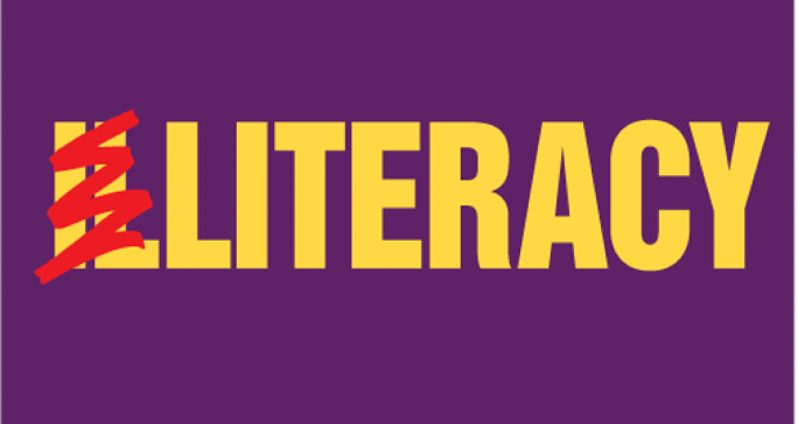AS WE celebrate Education Month in Guyana, the level of illiteracy is quite noticeable, as we often hear of illiteracy being prevalent in many underdeveloped countries throughout the world.
Its increase, if it materialises, poses a significant threat to the future of education, development and peace of any nation.
But have we asked ourselves why this has gone on for so long? And it was proven that the causes are triggered by many things.
Generally, people believe that education uplifts them; it is the only path which can lead one to wisdom and liberation.
Education involves holistic development of the mind, body and soul. It does not concern academics alone.
Poverty
Families of poor financial standing often discourage studying in their households, as they wish to engage the children in work as soon as possible to increase families’ incomes.
Many do not realise that uneducated workers cannot survive comfortably in a fast, changing world where competition is extremely stiff.
Guyana sees a significant percentage of its population living in poverty; this indicates that the poor do not have access to basic requirements of essential commodities and as such, are unable to provide for their children and themselves proper education.
Persons need to be taught or have to follow someone very closely. This usually costs money and the poor families don’t have that kind of money.
Overtime, Guyanese have learned that depriving children of basic reading and writing skills limits their opportunities to a bare minimum and inhibits their capacity to contribute productively to society and to their own betterment.
All members of a society need to value and respect education, and develop the will to learn. Parents must inculcate such a will in the minds of their children, for only then will future generations be adequately equipped to take care of our world.
Facilities
As the population increases, it is essential for the development of the country to do the same in an effort to neutralise the negative effects of illiteracy.
The Ministry of Education is trying to provide adequate facilities for education, particularly in villages throughout the country and very few find themselves being left out.
Enshrined in our constitution is the provision that all Guyanese children should be provided with the necessary nursery, primary and secondary levels of education free of cost.
Over the years, more schools were built, more teachers appointed and trained to impart education to every young mind in the country. Without these basic facilities, we would have been hard pressed to eliminate illiteracy in the country.
Social blocks
Many citizens pointed out that their education was hampered by social troubles, for example: child labour, early marriage, and even being marginalised by the caste system that had once existed here.
Child Labour is rampant among families living in poverty, since a family may aim to increase its income by sending young children out to work.
Many children were forced into illegal, early marriages and then saddled with the responsibilities of managing a household, family and work on their young shoulders.
While this was the system years ago, the Government of Guyana though the Ministry of Education has ensured that if not all, most of the population deprived of education and literacy are being catered for by the introduction of a number of adult education programmes.
Those deprived of education have now entered a trade of sorts, as well as ensuring that their children and grandchildren are ensured the finest education being offered by the Government.




.png)









